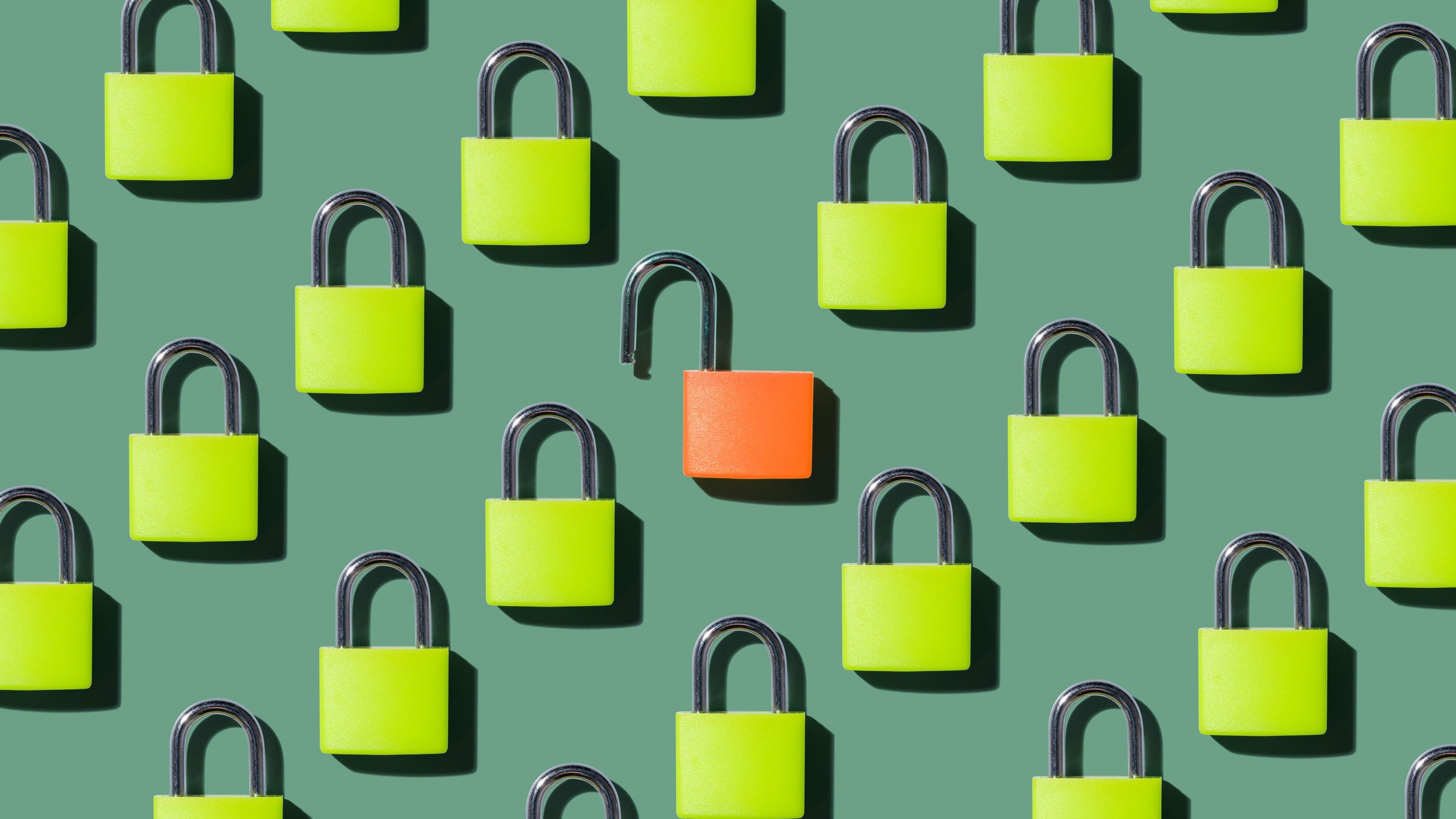
Artificial intelligence (AI) is advancing at a rapid pace. To help you understand what is going on and what we expect to happen in the future, our highly-experienced Kiplinger Letter team will keep you abreast of the latest developments and forecasts (Get a free issue of The Kiplinger Letter or subscribe). You'll get all the latest news first by subscribing, but we will publish many (but not all) of the forecasts a few days afterward online. Here’s the latest...
Businesses face a new cybersecurity threat: The rise of generative artificial intelligence from OpenAI, Microsoft, Alphabet and many others. Here’s how this changes the cyber landscape and how to cope with more costly and complex threats.
Adversaries are rushing to use generative AI, the new tech that can quickly generate text, computer code, photos, etc., from written prompts by harnessing AI to find patterns in existing data.
How can attackers use this advanced AI?
Start with AI-generated phishing scams, the phony e-mails that try to lure unsuspecting victims into clicking links and downloading malicious software or sharing login info. AI will reduce awkward phrasing or misspellings that are giveaways for fake messages, as foreign hackers churn out realistic text with AI.
The AI systems can also create malicious code that evades detection, even as ChatGPT and other tools aim to prevent this technique and other nefarious uses.
How can generative AI improve security?
There's also a benefit to AI as the tools get in the hands of more cyber pros. The tech can look through huge amounts of threat data and churn out summaries, including reports for nontechnical business executives. It promises to answer security questions, offer advice, speed up responses and more. Leading the way is Microsoft’s new product, Security Copilot.
However, it comes with a critical limitation: It won’t always be accurate, and needs improvement.
This forecast first appeared in The Kiplinger Letter, which has been running since 1923 and is a collection of concise weekly forecasts on business and economic trends, as well as what to expect from Washington, to help you understand what’s coming up to make the most of your investments and your money. Subscribe to The Kiplinger Letter.







